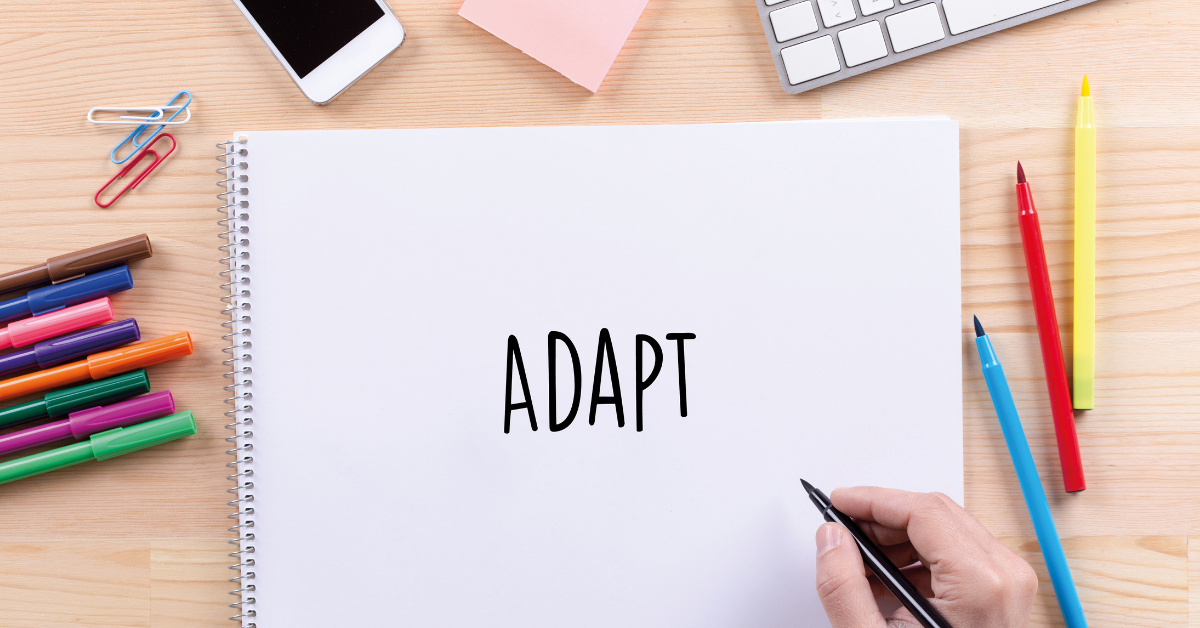One of my former managers asked me to identify one relationship at work that I would like to improve.
I immediately thought of my most challenging internal customer. I’ll refer to him as “Ken” to protect his privacy.
Ken was impatient, short-tempered, and made a habit of publicly criticizing members of my team.
As much as I wished Ken would be more cooperative, collaborative, and appreciative, I could not change or control his behavior.
So what could I do to improve this relationship?
I could choose how to ADAPT and INTENTIONALLY RESPOND when interacting with Ken.
After brainstorming some ideas with my boss, I tried some new approaches and it COMPLETELY TRANSFORMED OUR RELATIONSHIP.
Ken went from being my biggest critic and adversary to my biggest supporter and cheerleader!
Do you have a challenging relationship that you would like to transform? Try some of these techniques that worked for me:
RELAX AND BREATHE
Notice what’s going on with your body. When stressed, we tend to tighten our muscles, hold our breath or take shallow breaths. If you notice this happening, focus on relaxing your body and taking a few deep breaths. Shifting your focus gives you a few seconds to recalibrate and choose a more positive response to your situation. When Ken would criticize my team, I would pause to take a breath and carefully choose my response instead of becoming defensive.
ASSUME POSITIVE INTENT
If another person’s behavior triggers your frustration, rewrite the story playing in your head. Rather than focusing on their behavior, assume the other person had good intentions. Open your mind to the possibility that they acted with the best motives. Approach the situation with curiosity to learn the facts. A couple of questions to help you assume positive intent are:
-
- Why would a reasonable, rational person behave this way?
- I wonder what’s going on that the other person chose this course of action?
When I asked myself these questions, I empathized with Ken’s situation and realized that he was under tremendous pressure from his boss, and I also realized that both of us were striving to achieve a common goal. With this new understanding, I was able to lift our conversation to a more strategic level and invite him to collaborate on finding creative solutions.
ANTICIPATE AND PLAN
Identify the triggers that cause you to get frustrated and plan how to respond in those situations. Ken frequently called my office to complain, and when I saw his name displayed on the caller ID, I would brace myself for an argument. I came up with a plan to reframe my thoughts when I saw his name on the caller ID. Instead of thinking, “what is Ken calling to complain about now?” I would say to myself, “Ken needs my help, and I can make a difference.” With this positive mindset, I would answer the phone with more empathy and curiosity, which made Ken shift his tone to open up and be more vulnerable with me.
I could not control or change Ken’s behavior. However, by adapting MY behavior, Ken responded with more cooperation, collaboration, and appreciation.
How might you use these tools to transform your challenging relationships?
Wishing you the best!








0 Comments